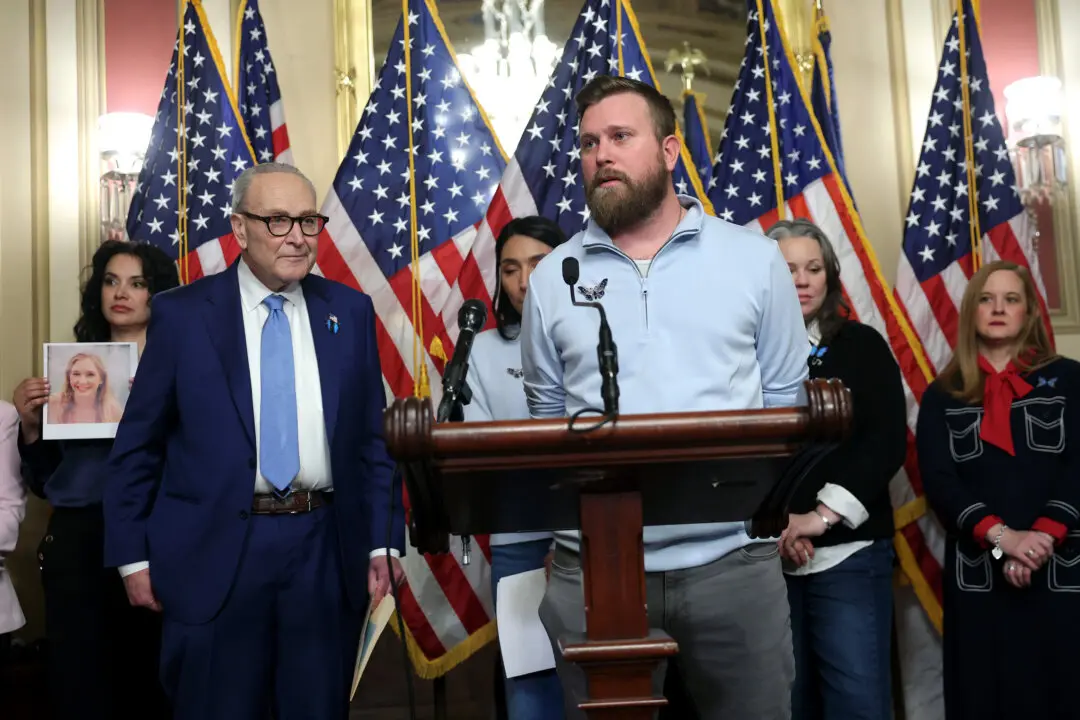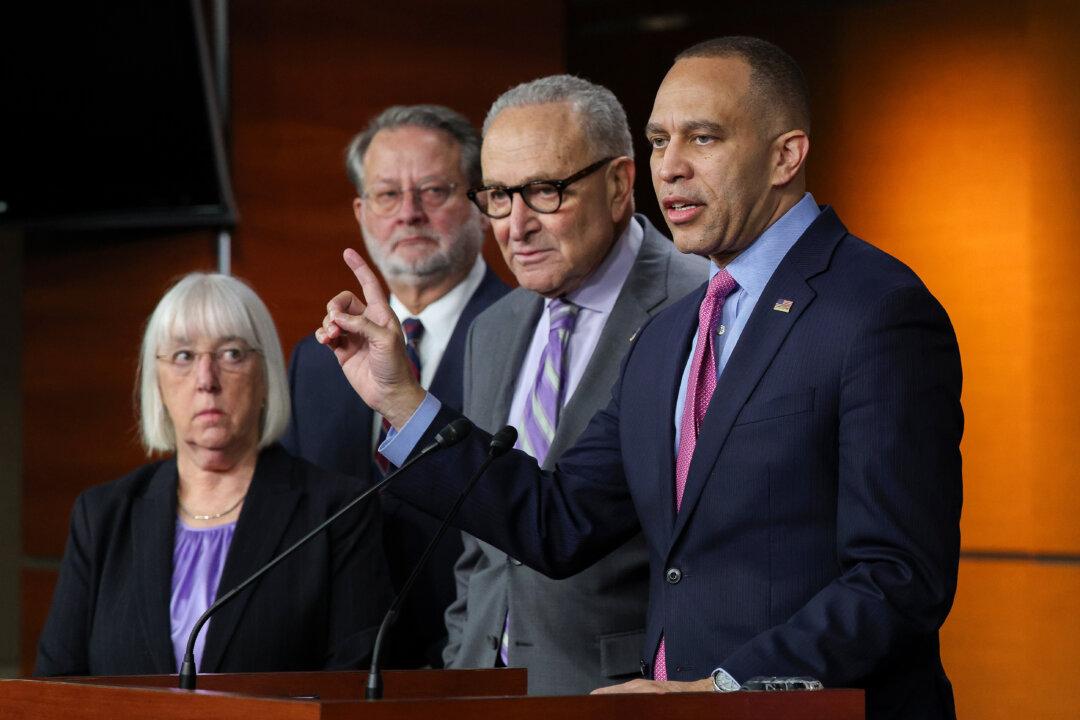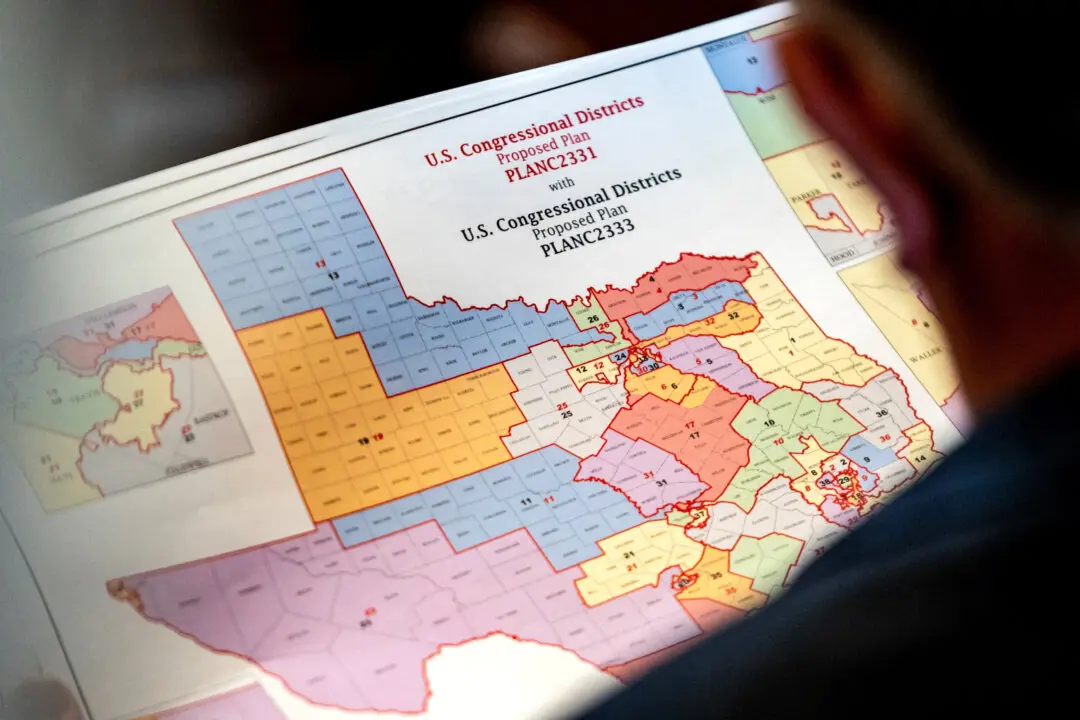The Federal Communications Commission (FCC) formally notified Congress this week that the Affordable Connectivity Program (ACP) will exhaust its $14 billion budget by the end of April if Congress doesn’t act.
This critical shortfall could result in up to 25 million American households losing access to vital broadband services. In response, a bipartisan group of legislators has introduced the Affordable Connectivity Program Extension Act to address the crisis.





